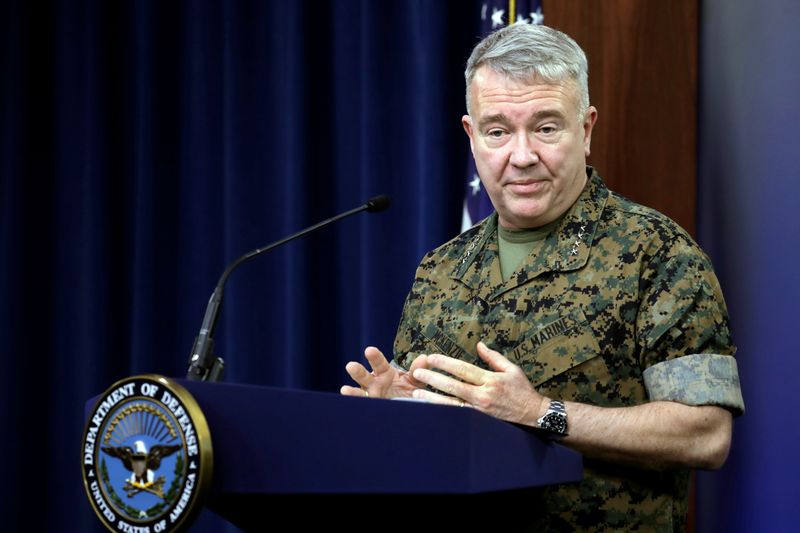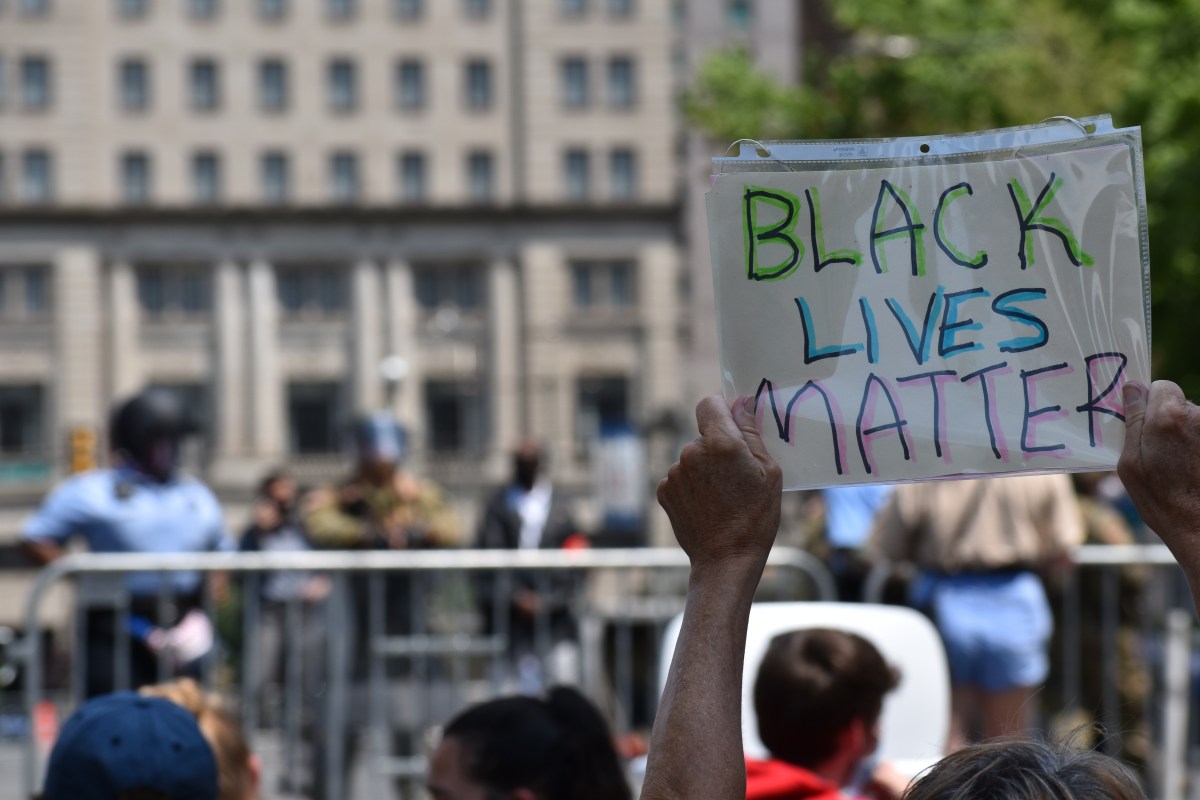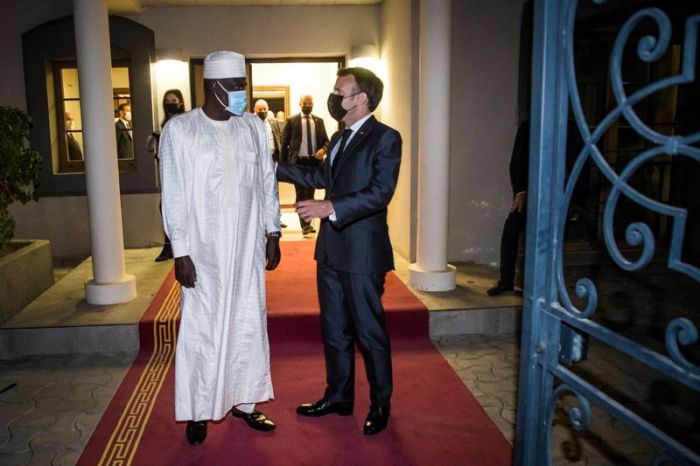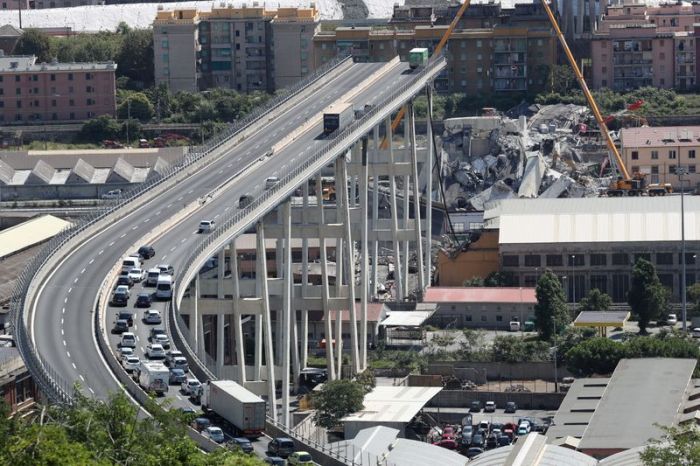By Idrees Ali and Phil Stewart
WASHINGTON (Reuters) -The head of U.S. forces in the Middle East said on Thursday that he was concerned about the ability of the Afghan security forces to hold territory after the withdrawal of all foreign troops from the country in the coming months.
President Joe Biden announced last week that the United States will withdraw its remaining 2,500 troops from Afghanistan by Sept. 11, the 20th anniversary of the al Qaeda attacks that triggered America’s longest war.
“My concern is the ability of the Afghan military to hold the ground that they’re on now without the support that they’ve been used to for many years,” Marine General Kenneth McKenzie, head of U.S. Central Command, said during a Senate Armed Services Committee hearing.
“I am concerned about the ability of the Afghan military to hold on after we leave, the ability of the Afghan Air Force to fly, in particular, after we remove the support for those aircraft,” McKenzie added.
The Pentagon has said it is looking to fund key Afghan military capabilities, including the air force, and seeking to continue paying the salaries of Afghan security forces.
But U.S. officials have long been concerned about corruption in the security forces and questioned how they would be able to hold back Taliban insurgents, which McKenzie said number 50,000, without American air support and intelligence capabilities.
The Taliban ruled Afghanistan from 1996 to 2001, when they were ousted by U.S.-led forces. Since then they have waged a long-running insurgency and still control wide swathes of territory.
Speaking with reporters later on Thursday, McKenzie said that while the Taliban had not been attacking U.S. and coalition forces, the pace of their attacks against Afghan security forces was as high as during any time in the past two decades.
It remains unclear whether the Taliban will let U.S. forces, who they call invaders, leave the country peacefully.
Biden’s decision to withdraw all U.S. troops has raised concerns that the country could erupt in full-scale civil war, providing al Qaeda space in which to rebuild and plan new attacks on U.S. and other targets.
(Reporting by Idrees Ali and Phil Stewart; Editing by Chizu Nomiyama, Frances Kerry and Daniel Wallis)
























